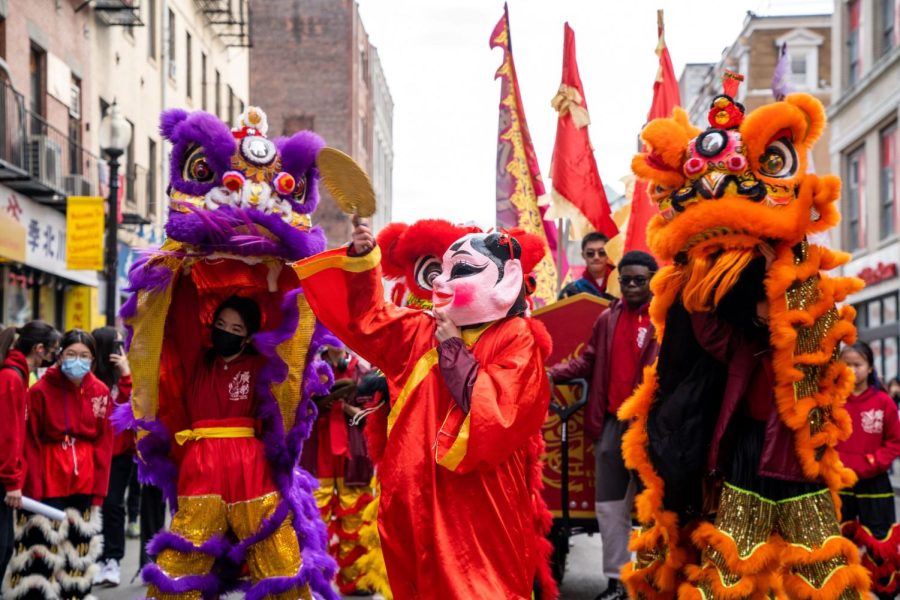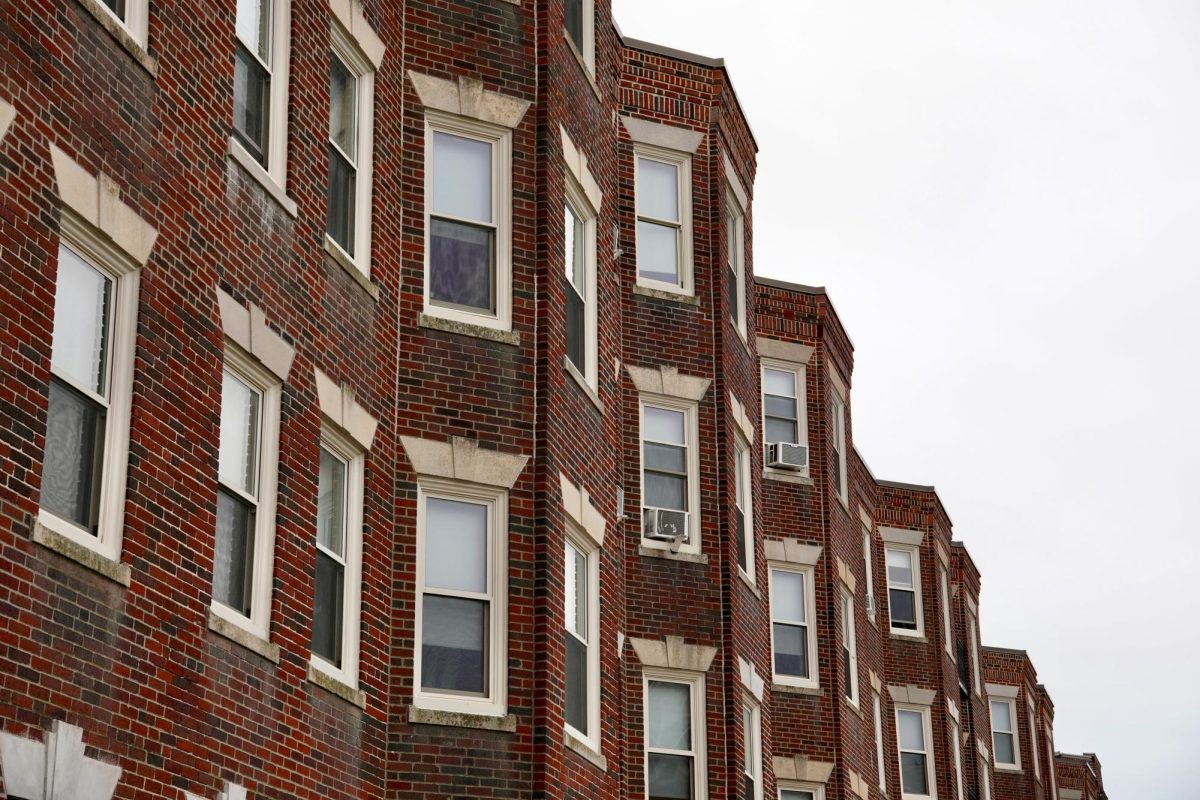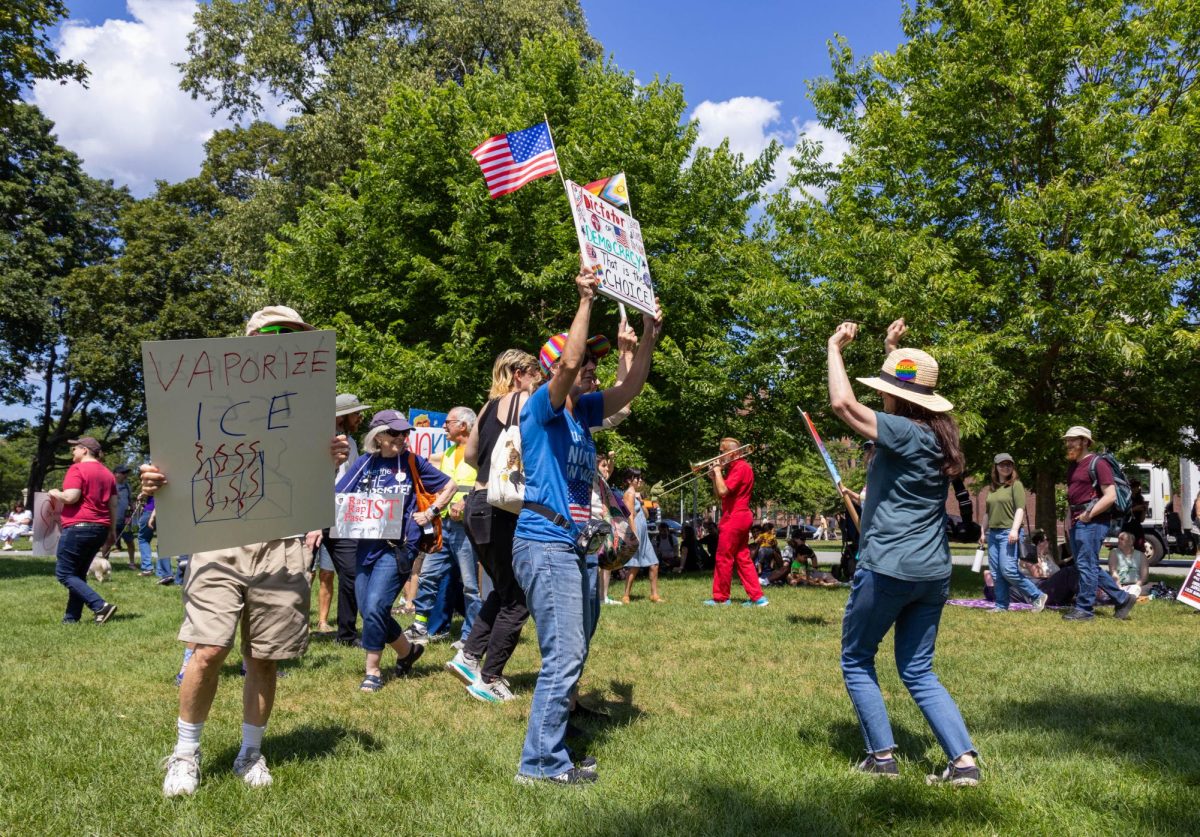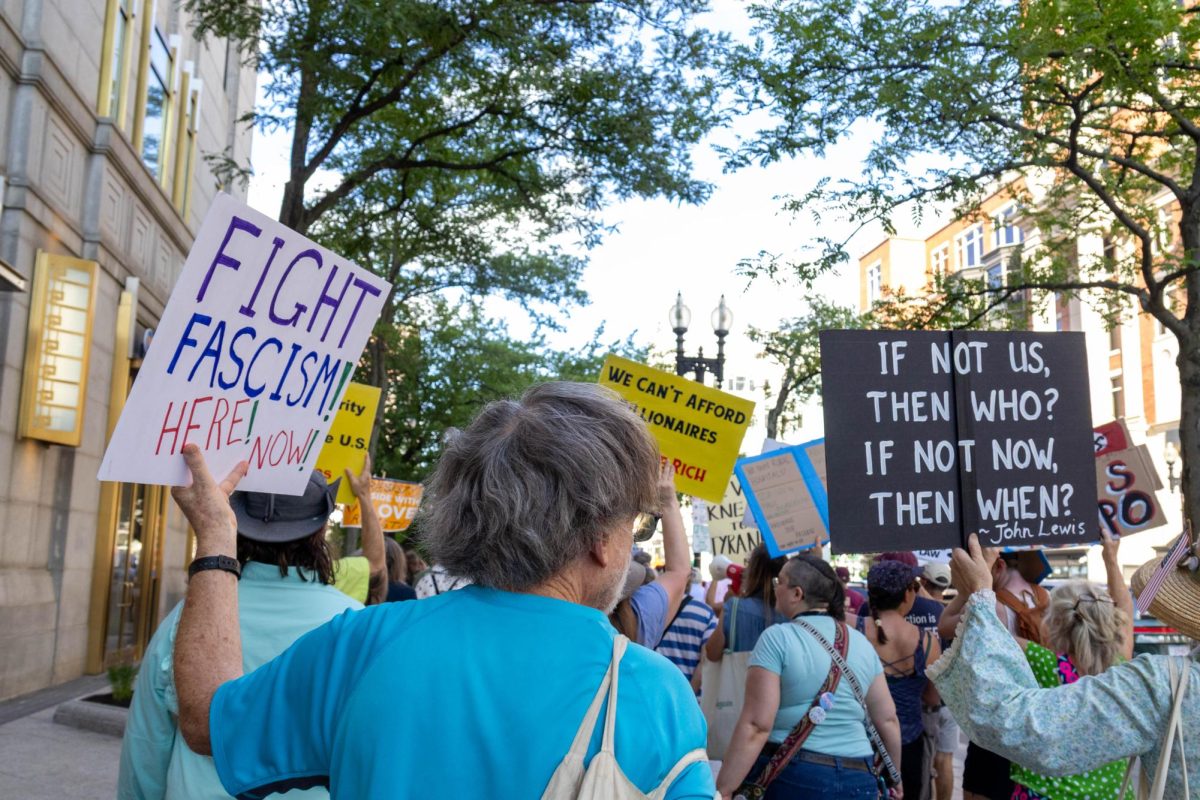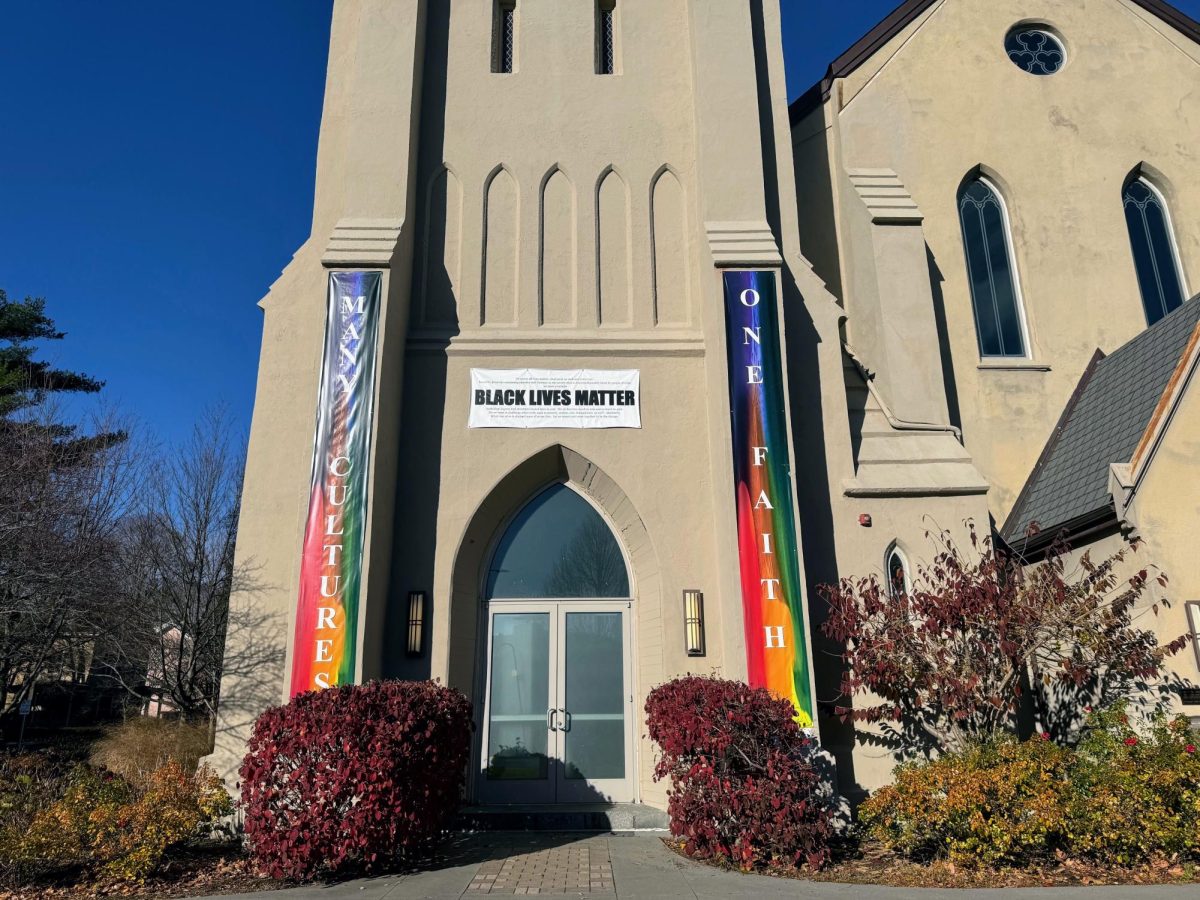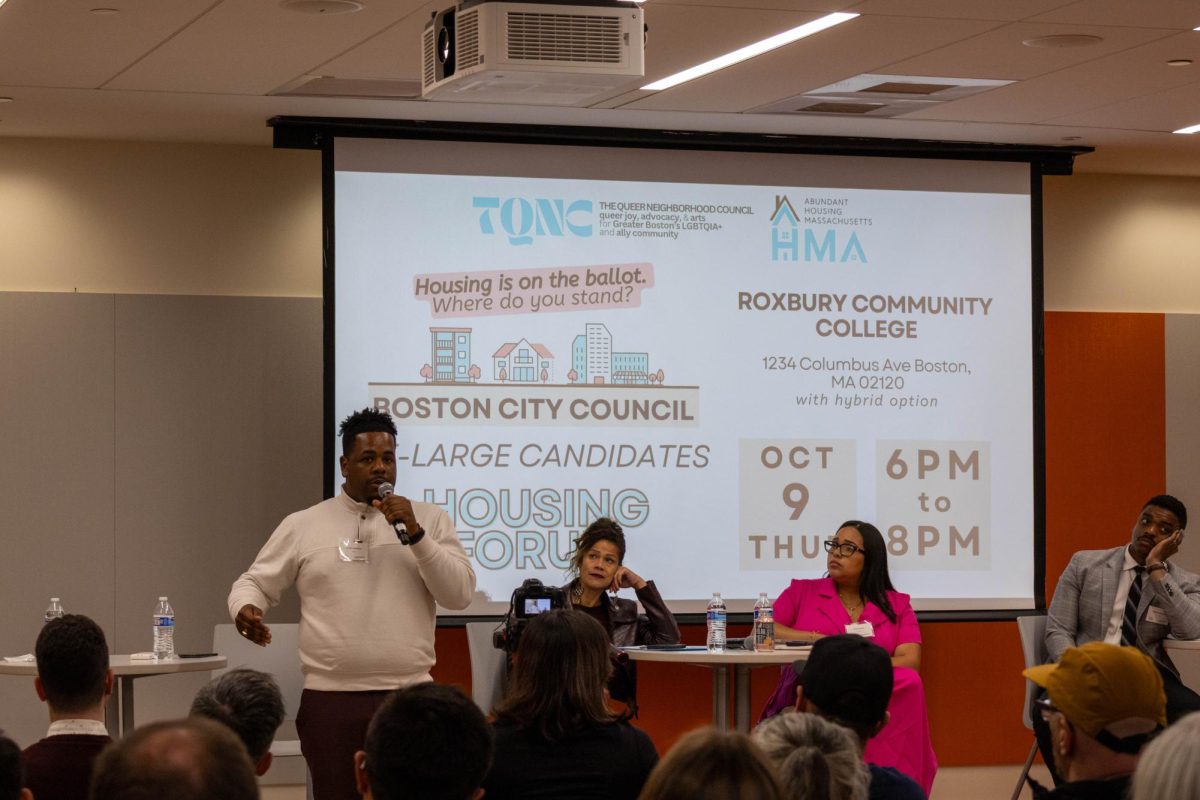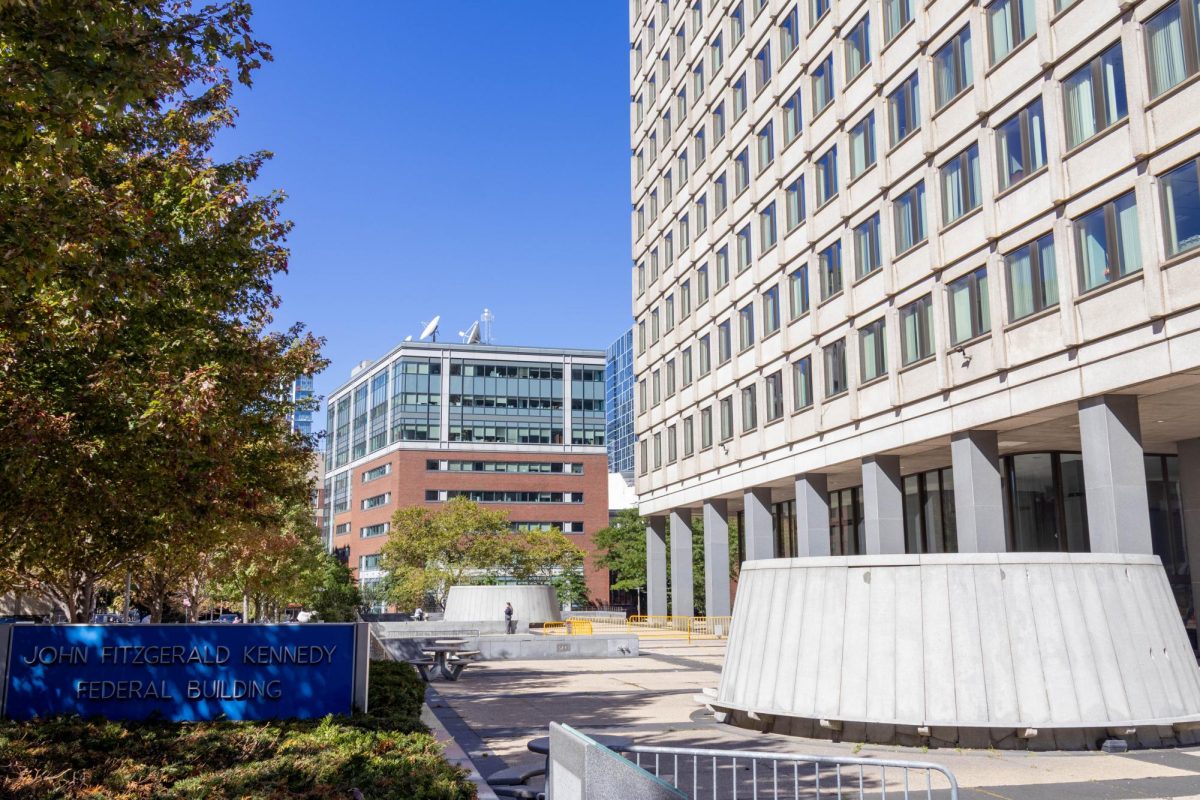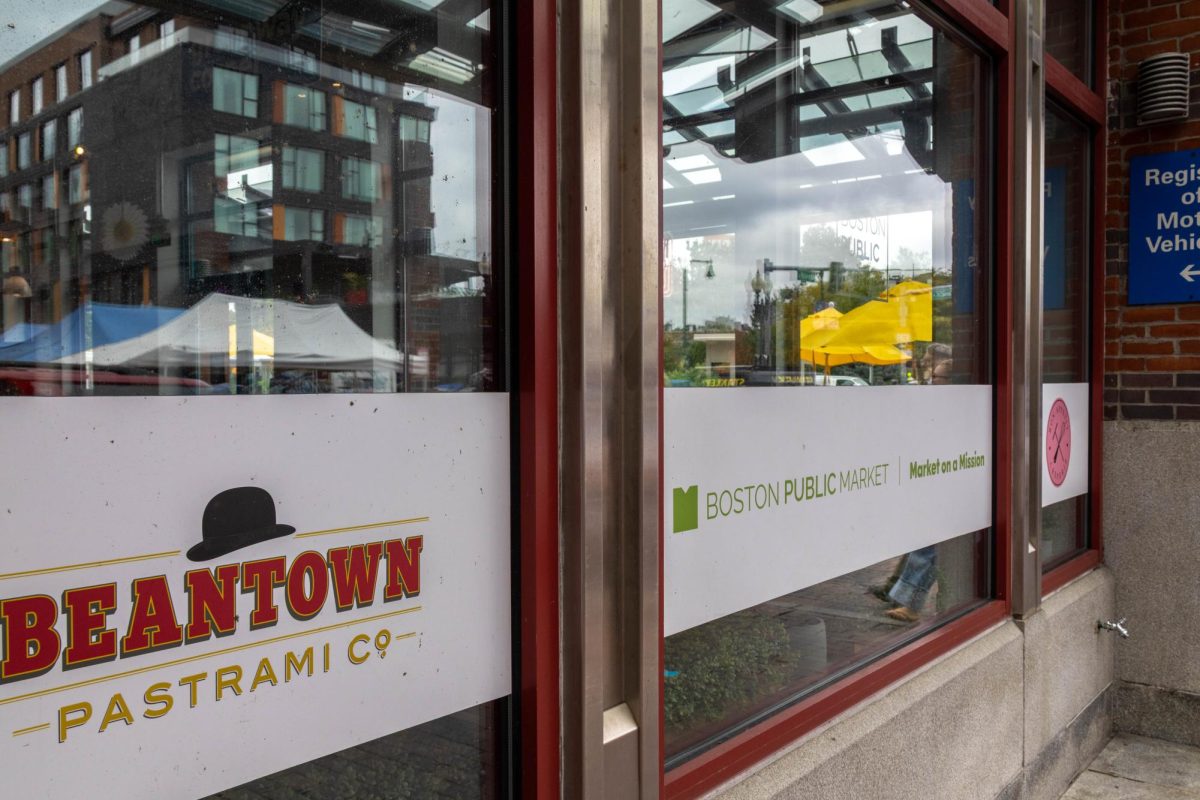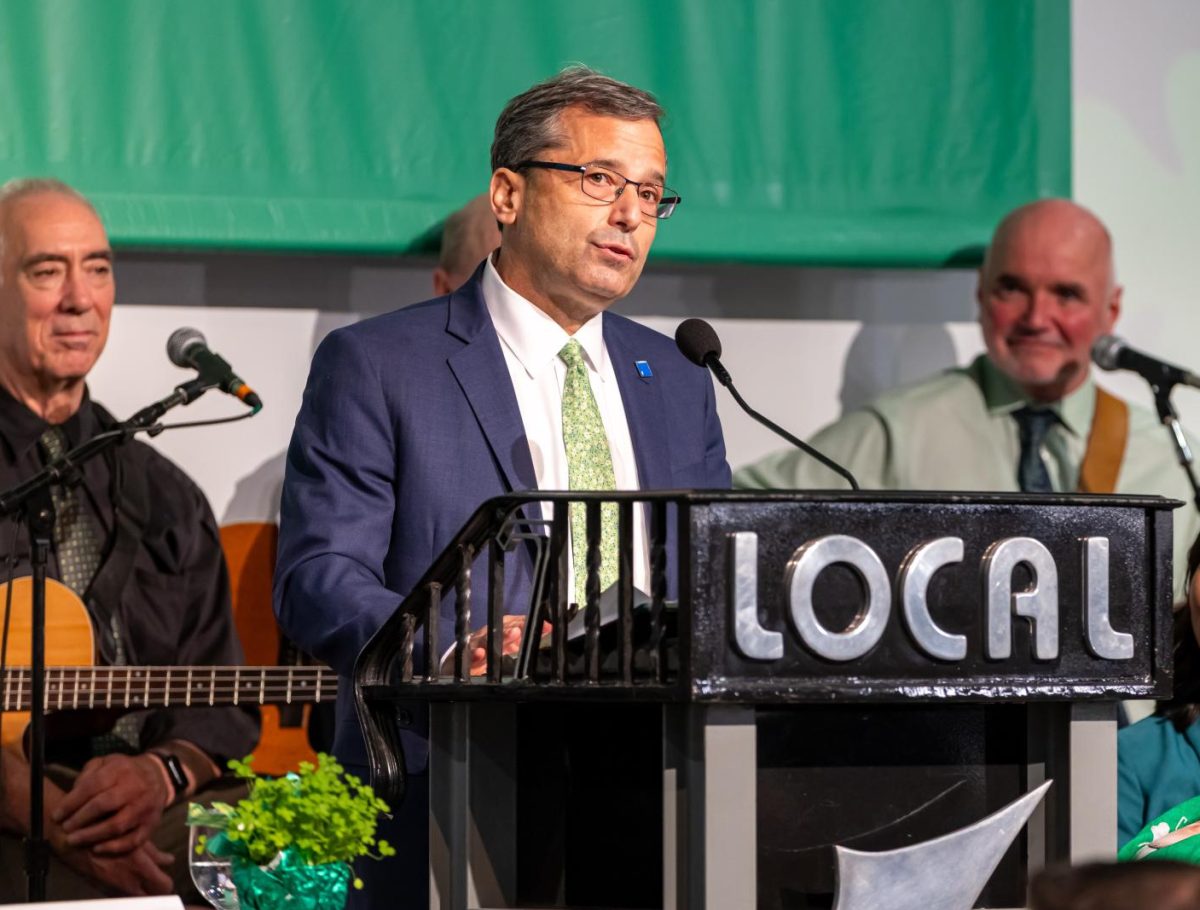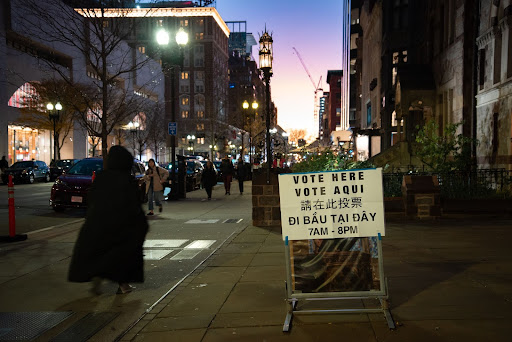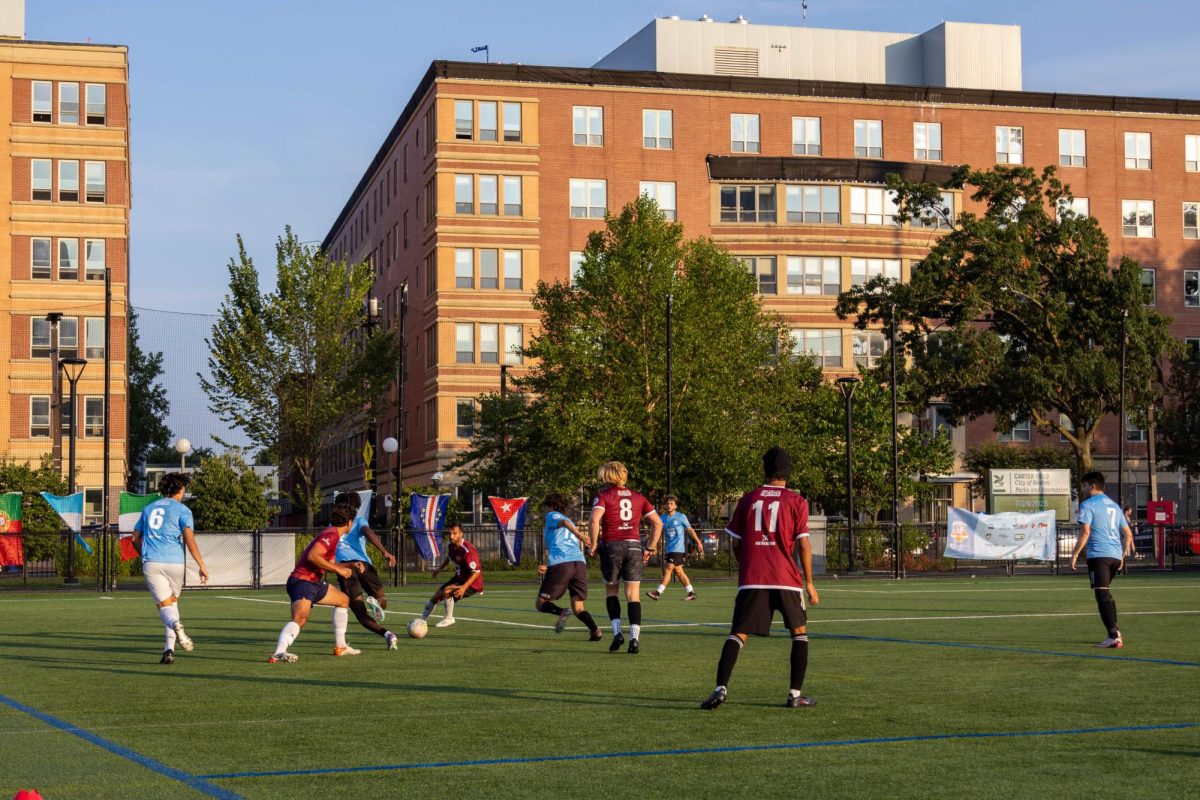As the Lunar New Year of 2024 approaches, Boston’s Chinatown is gearing up for a spectacular celebration, one which is deeply rooted in its rich cultural history.
Although the start of the Lunar New Year officially fell on Feb. 10, the city’s festivities will begin on Feb. 18 with the Cultural Village, held at the China Trade Center from 10 a.m. to 3 p.m. The event promises traditional Chinese lion dances, performances, singing, and more – all free of charge.
Debbie Ho, the executive director of Boston’s Chinatown Main Street, is the organizer of the city’s main Lunar New Year events. The Cultural Village, which was created by Ho 12 years ago, is the community’s way of preserving and sharing its cultural heritage during the Lunar New Year season. Artisans showcase their skills by crafting traditional Chinese lanterns, dough figurines and live calligraphy performances to add an artistic flair to the celebration.
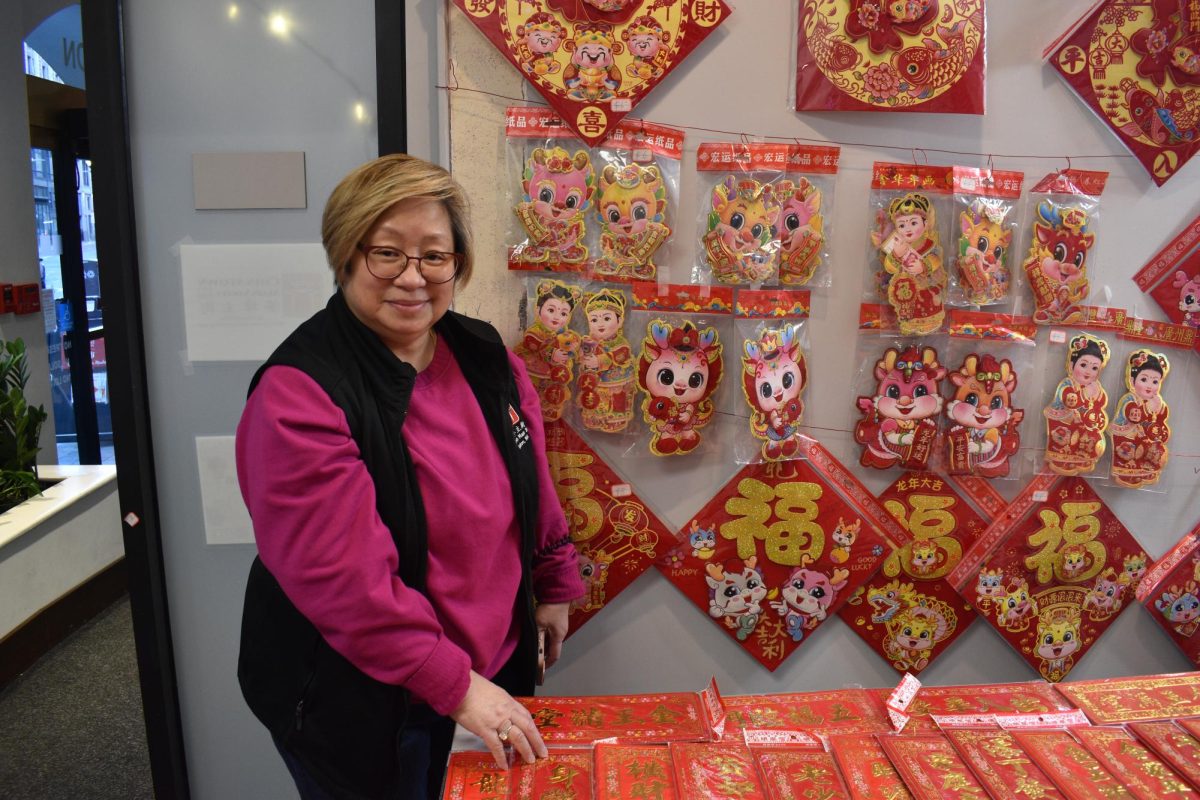
“We’re not only sharing culture, but we’re promoting Chinatown,” she said. “And we want people to understand Chinatown is a cultural destination for people to learn and see the different cultures of how our ancestors brought us up,” Ho added when asked about the significance of the Lunar New Year celebrations.
While all Bostonians are welcome to enjoy the festivities, Ho says that for people of Chinese descent, this time of year holds a special meaning and is an important part of cultural preservation.
“[Keeping] our heritage alive, I think it’s really important,” Ho said. “Children growing up these days, they sort of branch out of their own culture. For me, I like to be sure that we continue to share the culture and have the culture.”
The festivities will include a lively parade featuring lion dances, with various clubs and troupes participating. Performances inside the Chinatown Main Street building will bring different aspects of the Lunar New Year to life, with a special focus on this year’s zodiac, the dragon, which means good luck, strength and power in Chinese culture.
Organizers feel that these celebrations also serve to bolster Chinatown as a destination for tourists and Boston locals alike.
“People who come into Chinatown are not only [repeat visitors], but there are also new families that are coming in,” Ho remarked. “So that means that these events will draw in a lot of people into Chinatown.”
She expressed her excitement about both repeat attendees and new families joining the celebration. The event has grown in popularity, attracting lines of eager visitors, prompting the organizers to limit the number of attendees to 50 at a time.
“We just do what we have been doing for the past 12 years, and we find it to be very rewarding,” said Ho.
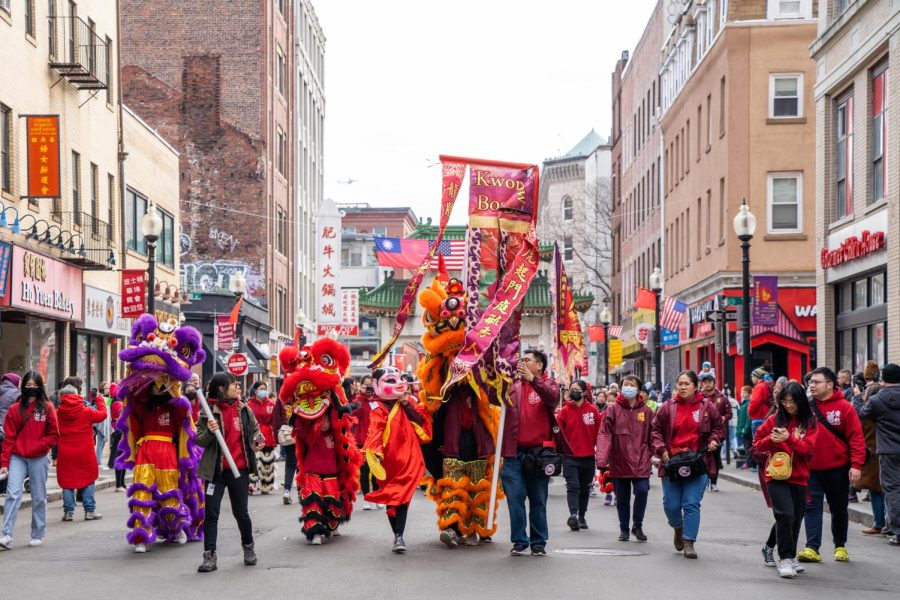
In addition to the Cultural Village, a Flower Market pop-up store ran from Feb. 2 to Feb. 9, offering a wide array of flowers, decorations and more for the Lunar New Year. Located at the China Trade Center, the market stayed open from 9 a.m. to 6 p.m.`
Later this month, another Lunar New Year celebration will be held in Quincy, which has a large community of Asian residents. The event will take place on Feb. 18, from 11 a.m. to 3 p.m. at North Quincy High School.


